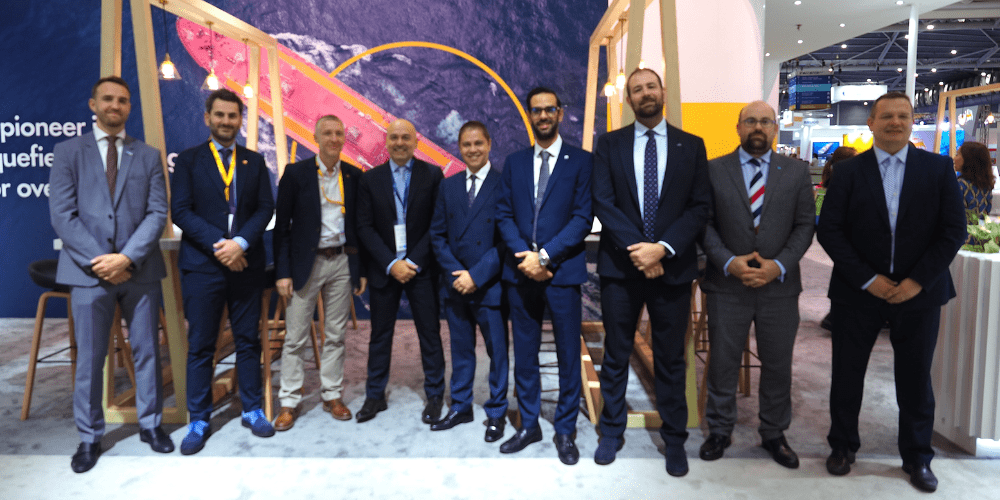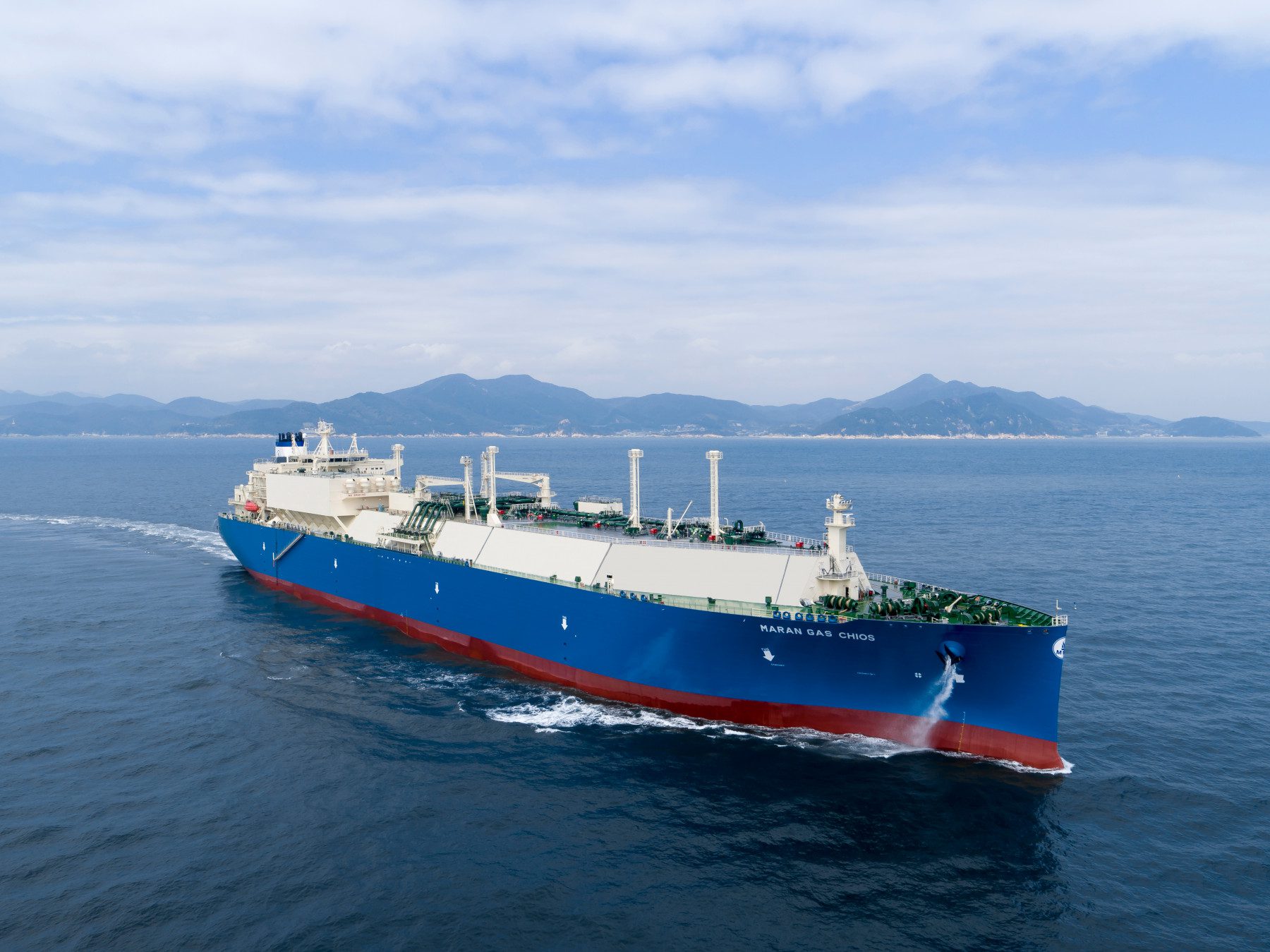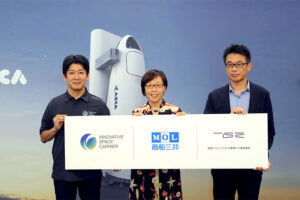
Major maritime industry players have come together to implement Daphne Technology’s groundbreaking SlipPure™ methane abatement solution onto the Greek Angelicoussis Group’s LNG carrier Maran Gas Chios.
Industry leaders as Shell, Lloyd’s Register, Daphne Technology, Wärtsilä and DNV will be part of this methane abatement technology trial.
The Greek owner Angelicoussis believes that the reduction of methane slip from dual-fuel marine engines to levels that are technically achievable is a key aim for the sustainability of LNG as fuel.
In this trial Daphne Technology’s system will be retrofitted to one of the Wärtsilä 34DF auxiliary engines on board the LNG carrier Maran Gas Chios.
Furthermore, PureMetrics™ solution, an advanced system that directly measures and reports real-time GHG emissions, will also be installed onboard the ship Maran Gas Chios throughout the trial period, and LR will handle the dissemination of the data as an independent third-party verifier.
Key players of the maritime industry, including Lloyd’s Register (LR) as the independent auditor, Maran Gas Maritime as the ship operator, Wärtsilä as the engine provider, Shell International Trading and Shipping Company (Shell) in the role of charterer of the vessel and project co-ordinator, and DNV providing the relevant class approvals for the retrofit, have embarked on this joint endeavour to reduce methane emissions.
Daphne Technology claims that its methane abatement solution, which was last year awarded approval in principle from LR and DNV, is an after-treatment system that reduces methane emissions of LNG-fuelled engines, so-called methane slip.
Methane slip results in increased greenhouse gas (GHG) emissions and ground-level ozone.
Methane slip has been significantly reduced in modern engines due to continuous development of combustion technologies, but remains a challenge in LNG-powered vessels using older engine technologies.
Andreas Spertos, technical director at Maran Gas Maritime, said: “Maran Gas sees LNG as a readily available and mature fuel which offers substantial GHG reduction compared to the standard fuels used in shipping. At the same time, we are aware that the reduction of methane slip from dual-fuel marine engines to levels that are technically achievable is a key aim for the sustainability of LNG as fuel. Operating a very large fleet of LNG Carriers of different propulsion technologies, Maran Gas believes that addressing methane slip will help release all the potential of LNG as a low GHG emissions fuel.”



